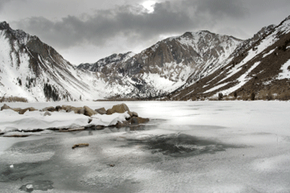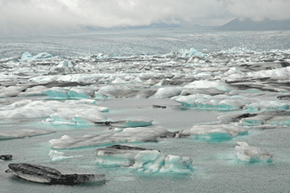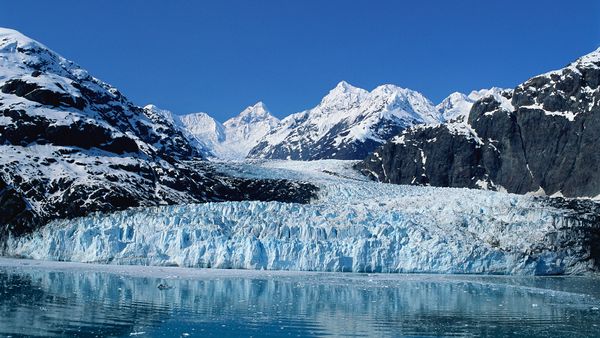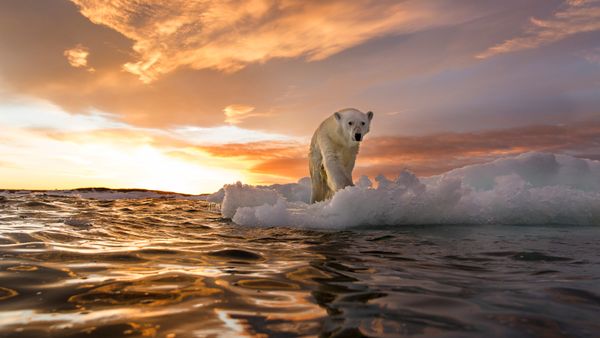Key Takeaways
- Reversing global warming is unlikely to lead directly to an ice age. Instead, Earth's natural cycles and greenhouse effects might delay the onset of the next ice age, expected within the next 10,000 to 100,000 years.
- Some theories suggest global warming could potentially trigger an ice age by disrupting ocean currents, specifically the Gulf Stream, leading to dramatic cooling in Europe.
- The impacts of current global warming and oceanic changes are irreversible over the next thousand years, even if carbon dioxide emissions stop immediately, making the immediate onset of an ice age unlikely within our lifetimes.
Back in the early 1970s, when there were several particularly frigid winters in a row, some scientists saw the plunging temperatures as a sign that the Earth was entering a new ice age. Yet by the end of that decade, the predictions had swung the other way, and experts began worrying about rising temperatures. Since then, governments and environmental groups have been pushing for regulations and changes in public energy consumption to reduce greenhouse gases in the atmosphere and help reverse global warming.
As we scramble to change our energy-gobbling ways, some scientists are asking whether global warming might actually be serving a useful purpose. Could it be possible that this warming trend is preventing us from entering another ice age? And if we reverse the process, could we end up covered in ice once again?
Advertisement
Extremes of cold and warmth are nothing new in the Earth's history. Throughout the last billion or so years, this planet has experienced a slow seesaw effect in temperatures, drifting through alternating periods of warmth and cold. Scientists aren't sure exactly why the Earth has swung between these temperature variations, but they believe a combination of factors, including ocean currents, changes in the Earth's orbit around the sun, and atmospheric composition is involved.
Some of those periods have been more extreme than others. There have been waves of severe cold that we call "ice ages," in which huge glaciers blanketed much of the Earth. Between ice ages, the Earth has typically entered stretches of relative warmth, known as "interglacial periods," which is what we've been experiencing since the last ice age ended about 12,000 years ago. Now, we seem to be in a warming trend, which many scientists say is the result of greenhouse gases trapping heat in the Earth's atmosphere.
Could global warming avert or lead to another ice age? Read on to learn what scientists have to say.
Advertisement



